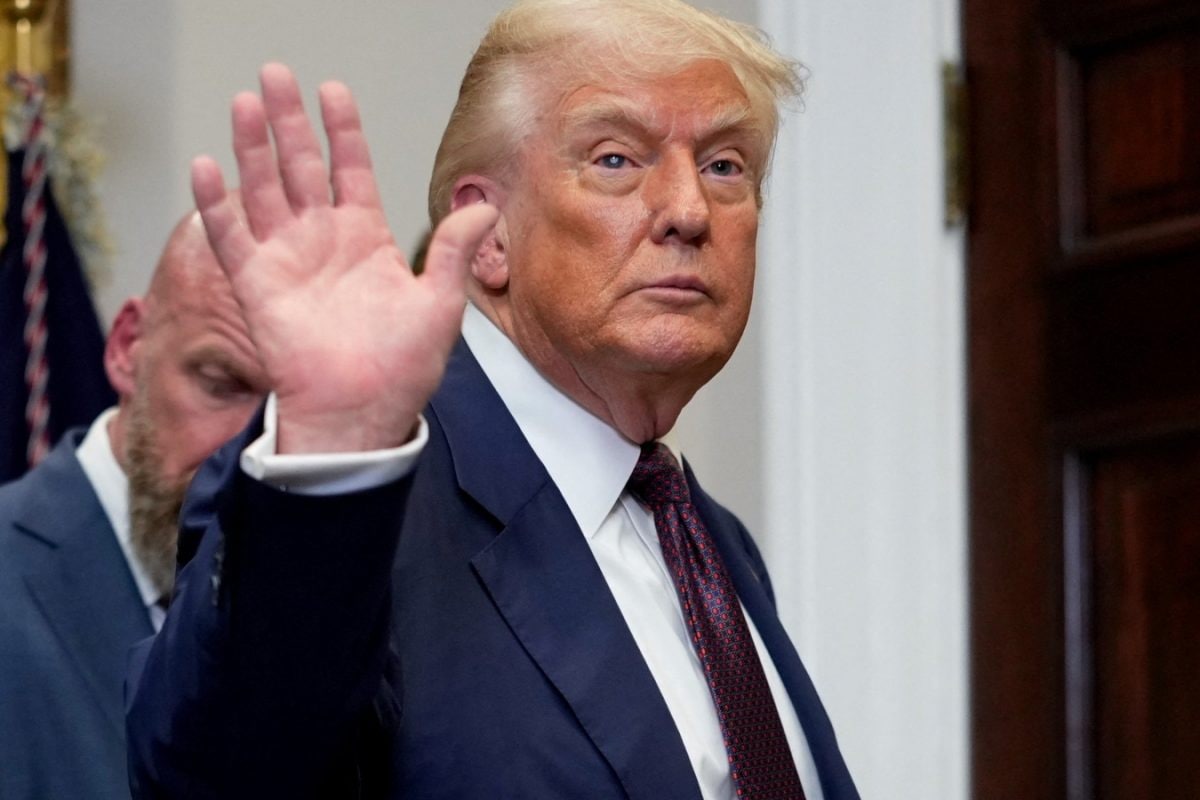

Amidst recent trade tensions and criticisms from the United States, Germany's Ambassador to India, Philipp Ackermann, has presented a contrasting view, emphasizing India's economic potential and its importance as a global partner. This stance directly opposes claims made by former U.S. President Donald Trump, who has described India as a "dead economy" and imposed significant tariffs on Indian goods.
Ackermann has consistently highlighted India's robust economic growth and its attractiveness as a market for German companies. In various interviews and addresses, he has underscored that India is not only a large and expanding market but also one with sustained economic progress, making it an increasingly appealing destination for German businesses. This positive outlook is further supported by the "German Indian Business Outlook 2025" survey, which reveals that a significant majority of German companies plan to invest in India by 2030.
The German envoy's optimism extends beyond mere economic indicators. He views India as a leader in technology and a "fabulous partner" in key sectors such as semiconductor production. Ackermann has also stressed the congruence of Indian and German interests, particularly in the pursuit of green energy and sustainable development. This aligns with Germany's focus on renewable technologies and India's rapid advancements in the same field, presenting opportunities for collaboration and mutual growth.
Furthermore, Ackermann has addressed the impact of the U.S. tariff policies on India, acknowledging that Germany and the European Union have also been affected. He advocates for stability in the market and emphasizes the importance of a Free Trade Agreement (FTA) between the EU and India, which he believes would be a "game changer" for various industries. The German government is keen on seeing this FTA materialize, viewing it as a way to reduce tariffs and non-tariff barriers, thereby promoting globalization and fostering stronger economic ties.
Ackermann's statements also reflect a broader strategic perspective. He has noted that India will play a key role in German foreign policy, with the new German government committed to enhancing relations, particularly in the areas of defense and trade. This commitment is evident in the increasing military ties between the two countries, including joint exercises and defense production collaboration.
In February 2025, Ackermann predicted that India would overtake Germany to become the world's third-largest economy by 2030, citing India's rapid growth, strong industrial base, and expanding global influence. He stated that Germany is "eagerly awaiting India to overtake" them in these statistics, recognizing India's potential given its large population and growing economy.
Despite the challenges posed by global trade uncertainties and protectionist measures, the German envoy remains confident in India's economic trajectory and its role as a key partner for Germany. His views serve as a counterpoint to the criticisms leveled by Trump, reinforcing the notion that India is not a "dead economy" but a dynamic and promising market with significant opportunities for growth and collaboration. The German perspective underscores India's importance on the global stage and its potential to reshape the global economic order.